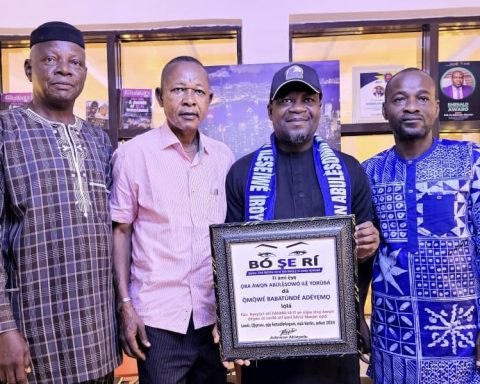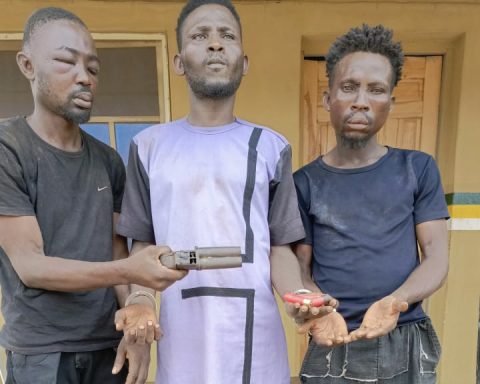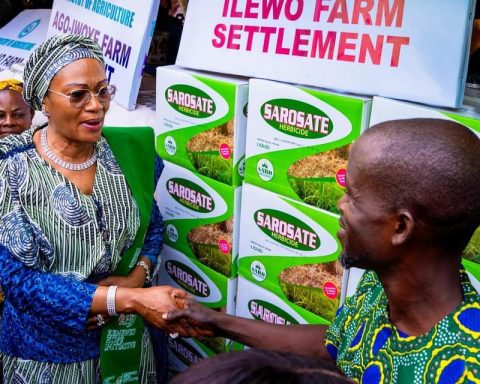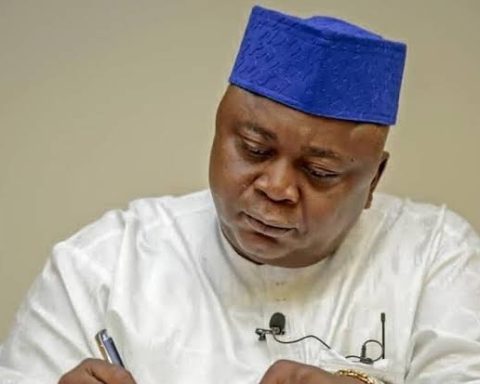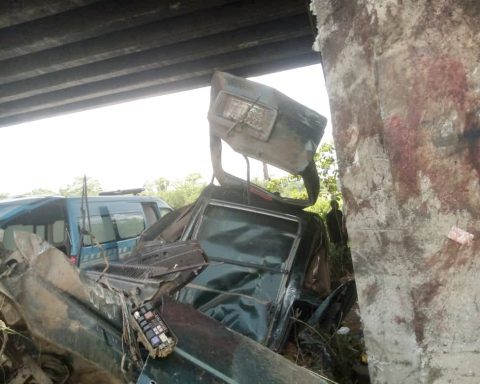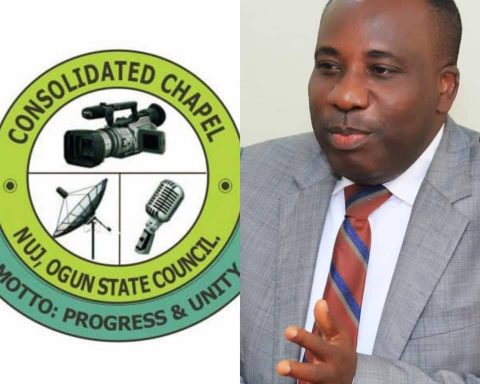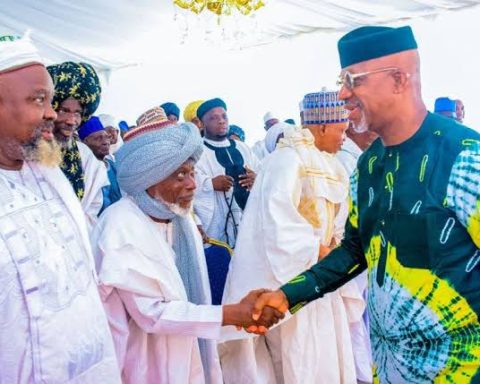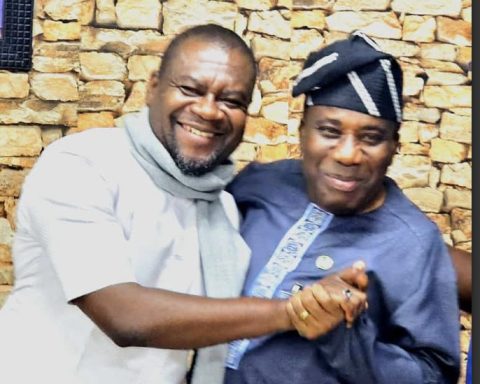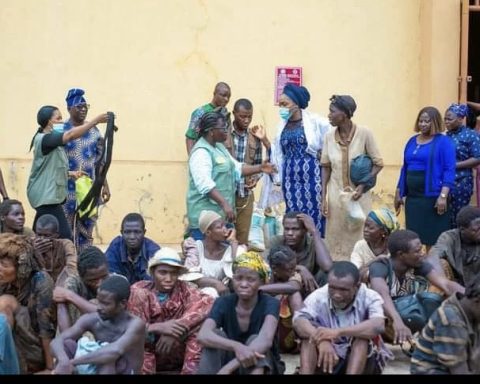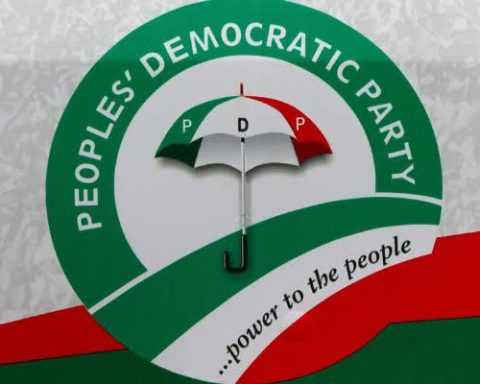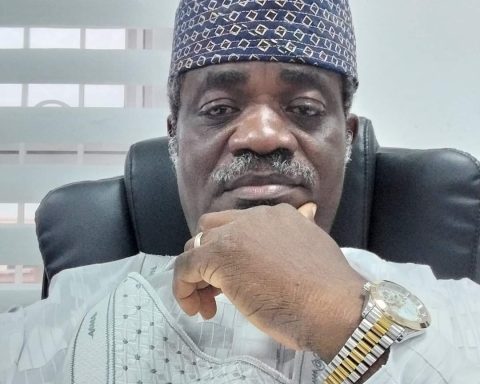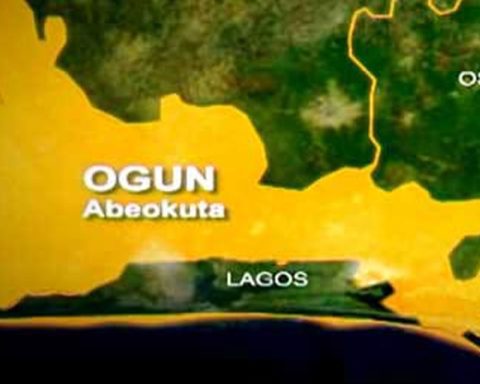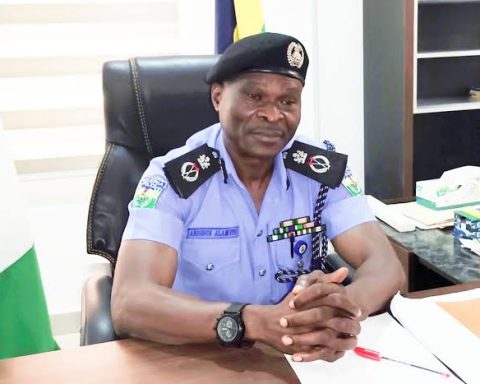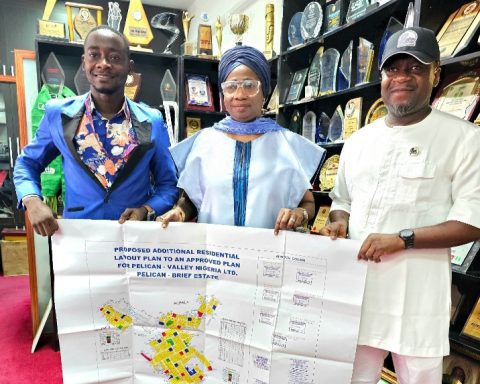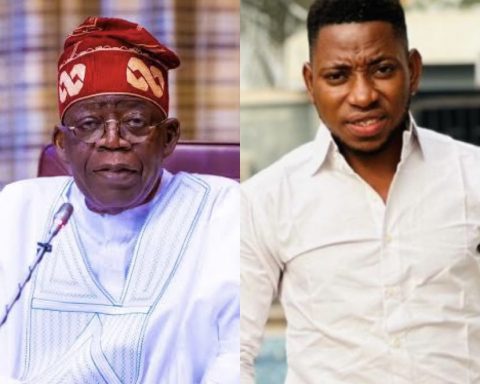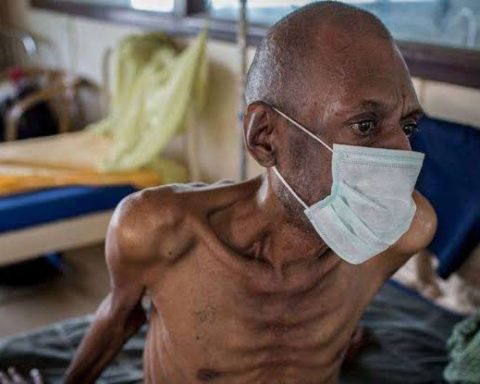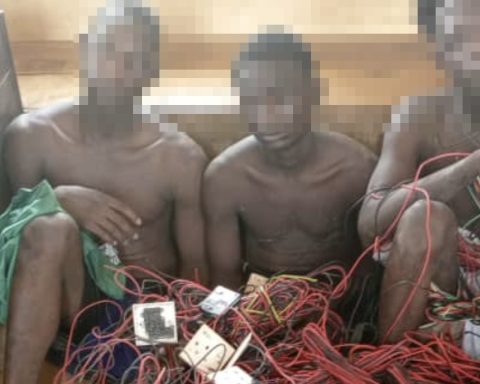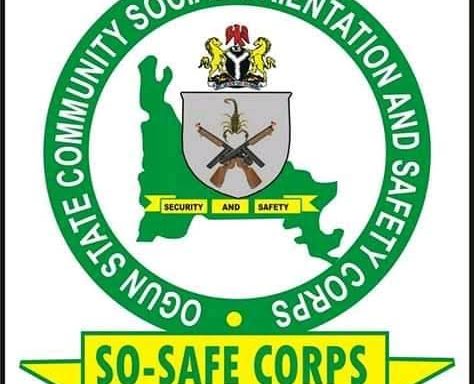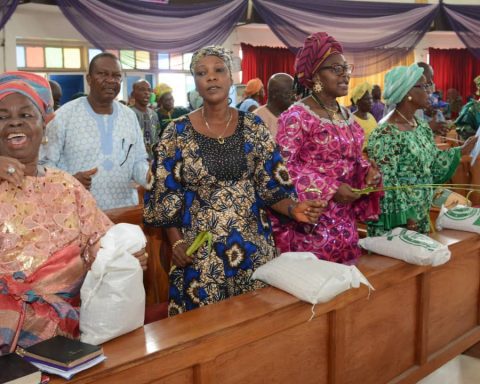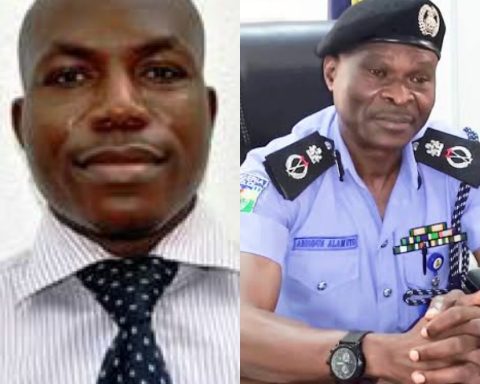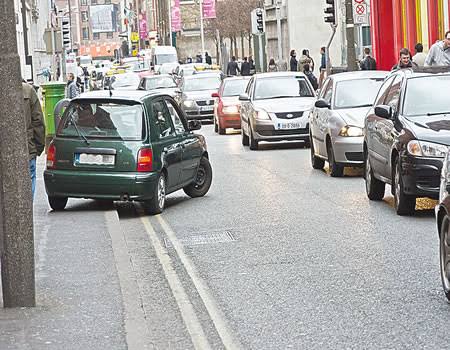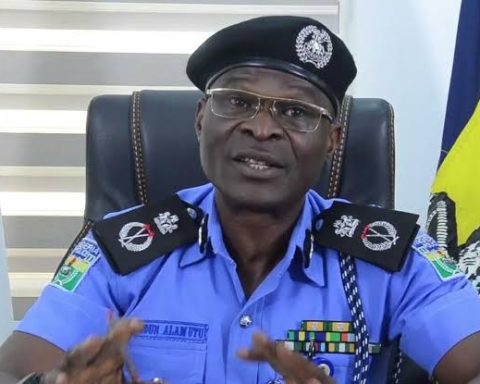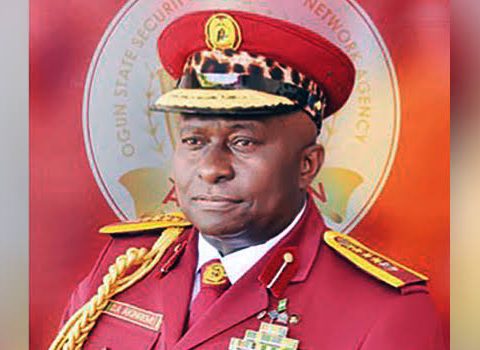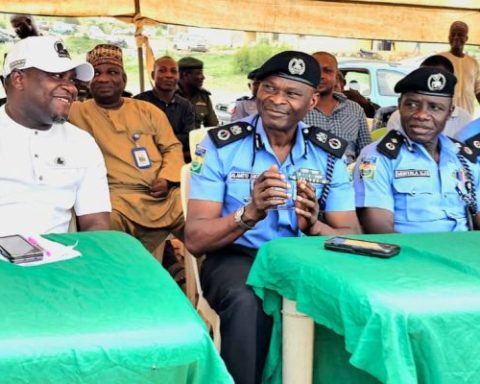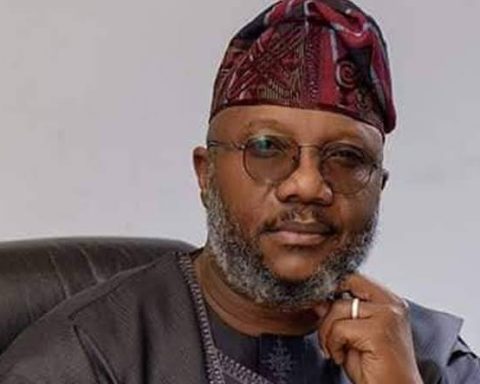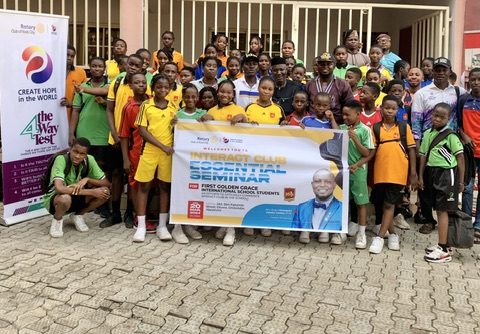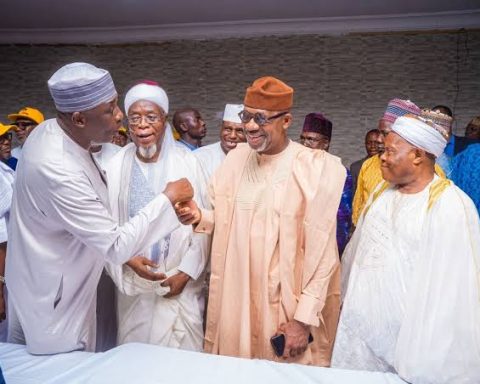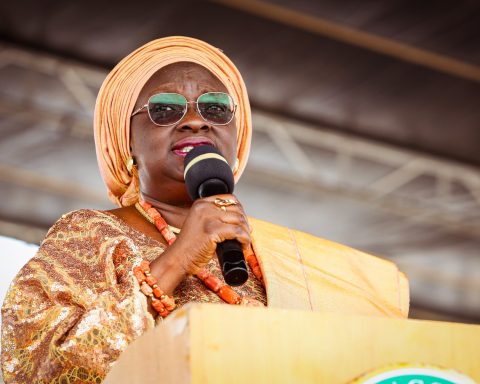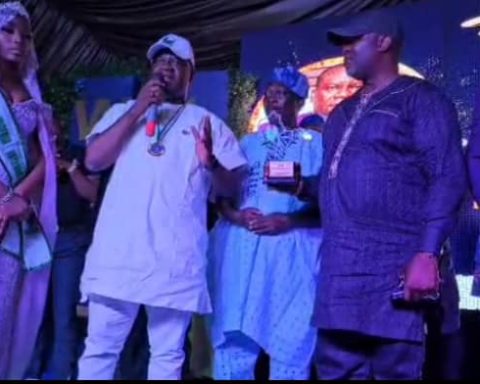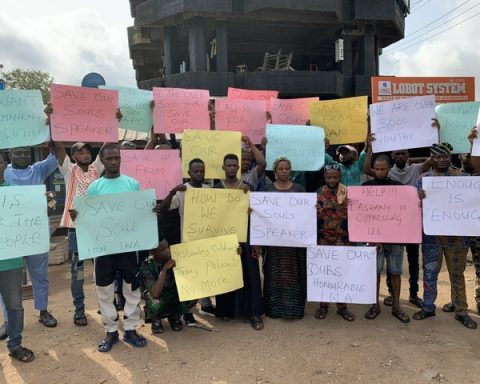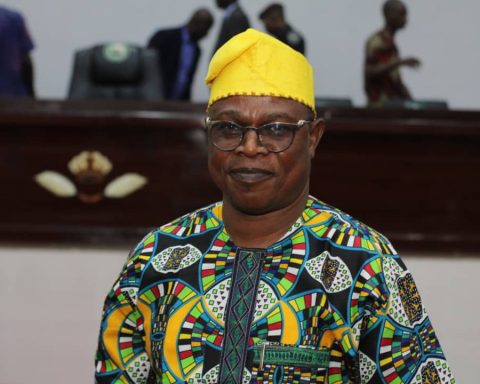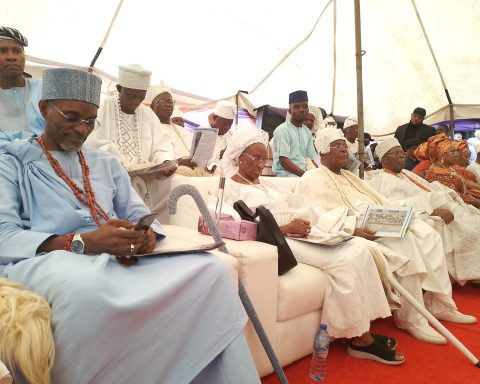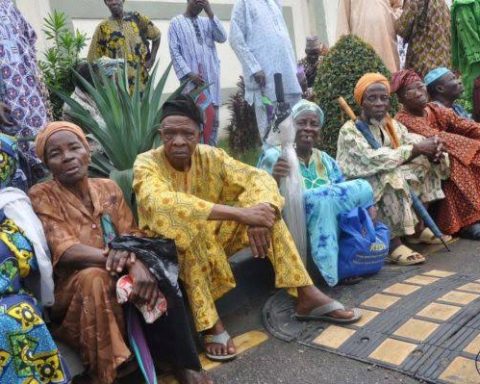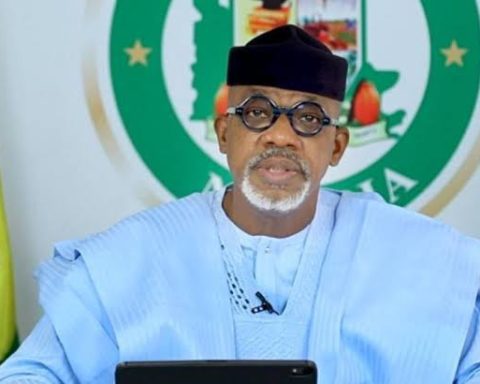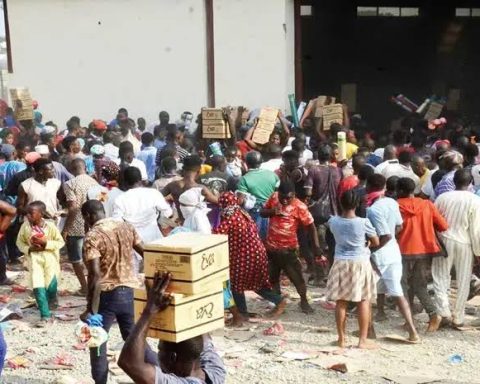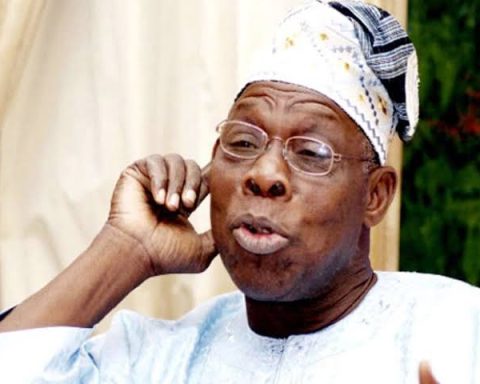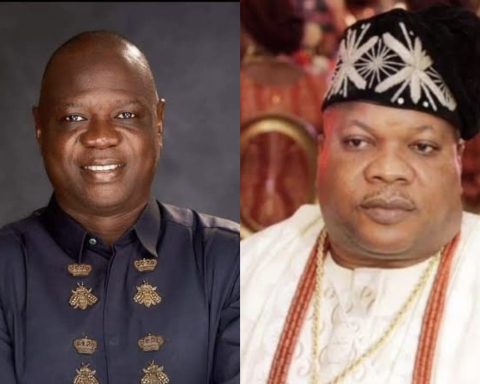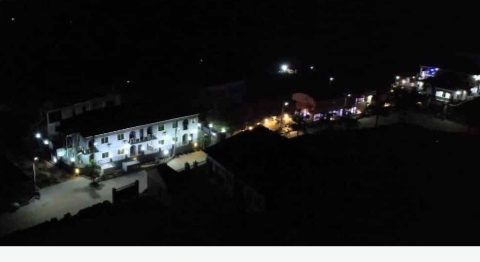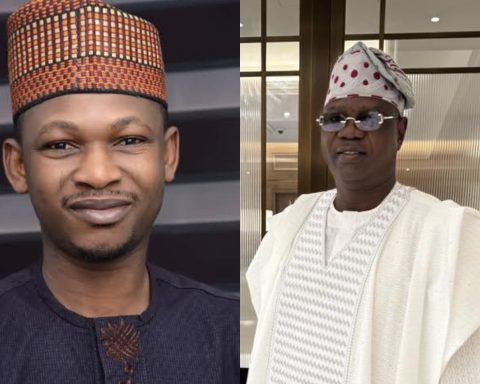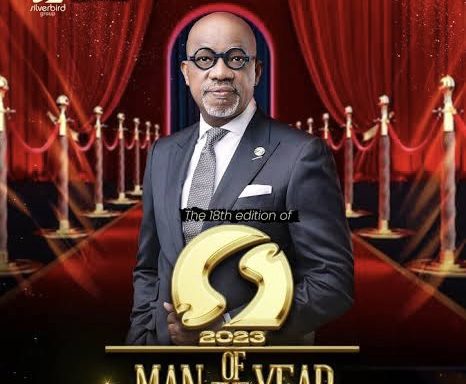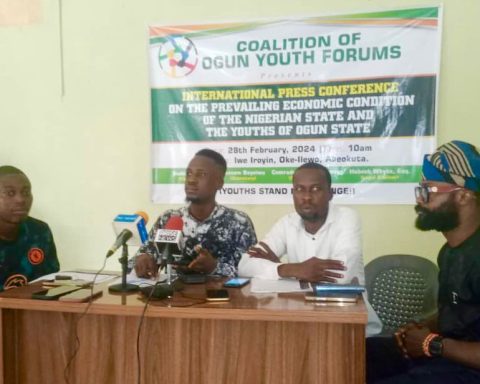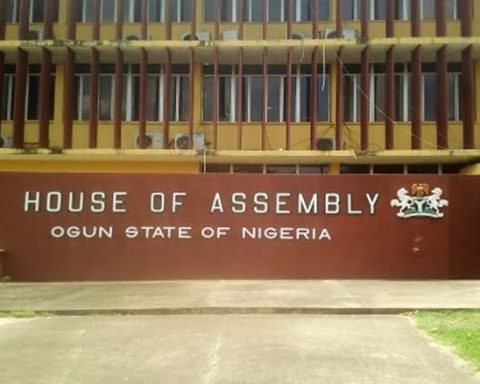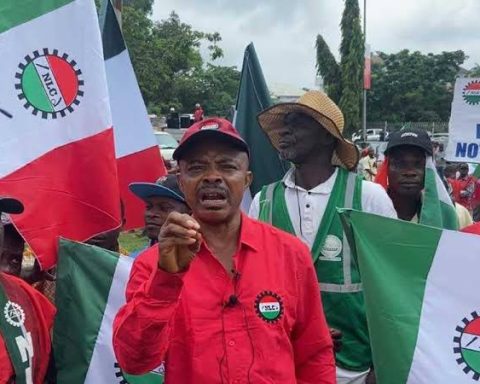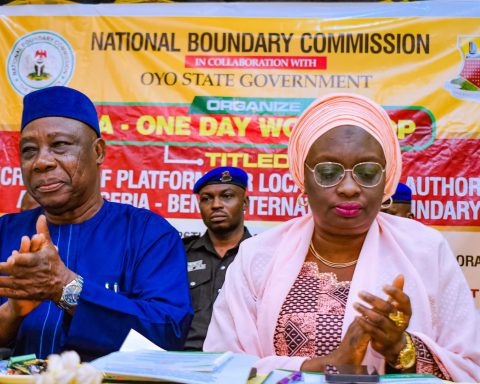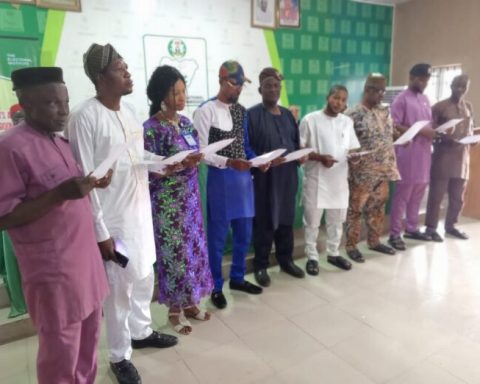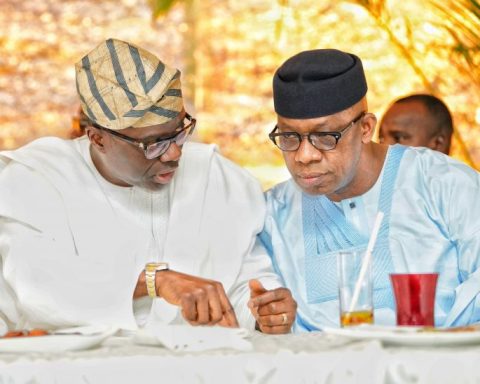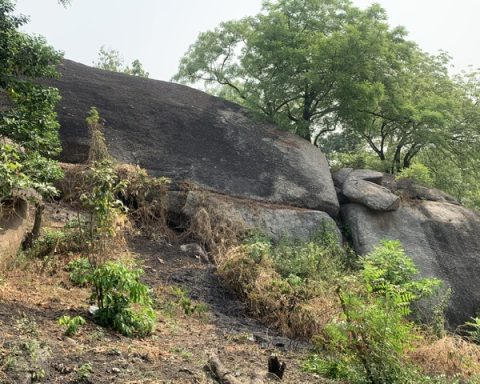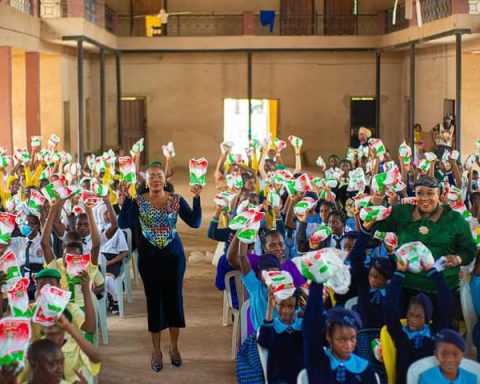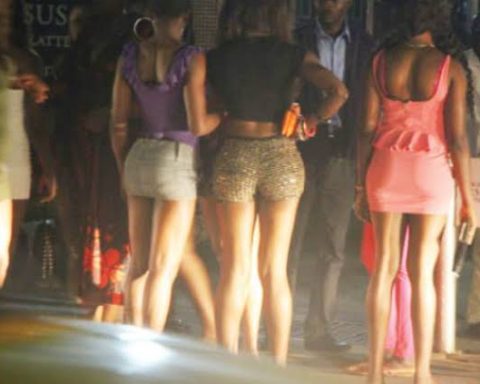By Festus Ogun, Esq
Over the weekend, the Independent National Electoral Commission (INEC) conducted the Presidential and National Assembly Elections across all states of the federation and the Federal Capital Territory. While the results are filtering in, there are concerns by political candidates, electorates, stakeholders, political parties, observers and concerned citizens about the peculiar challenges that marred the conduct of the election. The issues range from disenfranchisement of voters, rigging, violence and intimidation, manipulation, under-supply of voting materials, over-voting, ballot box stuffing, et al.
Despite the abundance of these irregularities, once the Electoral Commission announces the result of an election, it is presumed correct and authentic and anyone who alleges otherwise has a compelling duty to prove that the results are incorrect and not authentic. This is popularly described as the doctrine of presumption of regularity and correctness on the part of INEC. See CPC V. INEC (2011) LPELR – 8257 (SC). However, given that the presumption is rebuttable, a candidate or political party who participated in an election may question the result announced by INEC by way of petition under Section 133 of the Electoral Act, 2022.
The question that follows is: What are the grounds upon which the conduct and/or outcome of an election may be questioned? Section 134 (1) of the Electoral Act, 2022 provides as follows:
(1) An election may be questioned on any of the following grounds –
(a) A person whose election is questioned was, at the time of the election, not qualified to contest the election;
(b) The election was invalid by reason of corrupt practices and non-compliance with the provisions of this Act; or
(c) The respondent was not duly elected by the majority of the lawful votes cast at the election.
For emphasis, any election petition presented outside the above grounds will be considered as incompetent in law. See: OGBORU V IBORI (2004) 7 NWLR (PT. 871) 192 @ 223-224. The three grounds are discussed below.
NON-QUALIFICATION AS A GROUND OF PETITION
The return of a candidate as a winner of a given election can be questioned or challenged on the ground that he was at the time of the election not qualified to contest. As decided by the Supreme Court in legion of cases, qualification in this context refers exclusively to the qualification to contest an election under the 1999 Constitution of the Federal Republic of Nigeria, as altered. This excludes other qualification criteria set by other enabling laws like the Electoral Act. It must relate exclusively to the constitutional grounds for disqualification.
The qualification criteria of a candidate for election to the office of President and National Assembly seats are contained in Sections 65, 66, 131 and 137 of the 1999 Constitution. Where it is satisfactorily proven to the Tribunal or Court that the winner of an election is not qualified to contest, the implication is that the candidate who came second will be declared winner.
It must be stated clearly, however, that the new position of law is that disqualification of a candidate on the ground of false information in his INEC Form EC9 (formerly Form CF001) is a pre-election matter by dint of section 285(14) of the Constitution and cannot be a (disqualification) ground for questioning an election at a Tribunal. See: AKINLADE V. INEC (2020) 17 NWLR (PT. 1754) 439
NON-COMPLIANCE WITH THE ELECTORAL ACT AND NOT-DULY ELECTED BY MAJORITY VOTES
As mentioned earlier, an election can be questioned on the grounds that it was invalid by reason of corrupt practices or non-compliance with the provisions of the Act. The conduct of elections is principally regulated by the Electoral Act and the Regulations and Guidelines for the conduct of Elections. Both the Electoral Act and the Guidelines are meant to be obeyed. INEC has a compelling duty to ensure that the Act and Guidelines are complied with in the conduct of free, fair and credible elections. Breach of the Act and Guidelines have far reaching consequences.
Failure to use BVAS to upload election result to INEC Result Viewing Portal (IREV), disenfranchisement of voters, rigging, violence and intimidation, manipulation of election results, under-supply of voting materials, over-voting, ballot box stuffing and others are issues of corrupt practices and non-compliance with the provisions of the Electoral Act – all of which are grounds for challenging the outcome of an election.
For a petition to succeed under these grounds, it must be proven that there was non-compliance and that the non-compliance substantially affected the result of the election. It implies that alleging or proving non-compliance may not be sufficient in challenging an election, it must be further proven that the non-compliance is substantial and that the votes scored through the non-compliance substantially affected the result of the election. It must be shown with cogent, credible and compelling evidence that the alleged non-compliance and corrupt practices substantially affected the result of the election to the disadvantage of the petitioner. See: OKE V MIMIKO (2014) 12 NWLR (PT. 1388) 322
The best way to prove non-compliance and not duly elected by the majority votes cast is to call witnesses (party agents) from each polling unit where corrupt practices are alleged. To fortify the case of the petitioner, it is desirable that agents of political parties who were physically present at the polling units are called to testify what truly transpired. The court is therefore not going to rely on testimony of agents from other polling units or other wards. The attitude of our courts has been to treat testimony of agents from other polling units as hearsay evidence which are not admissible. See: BUHARI V OBASANJO (2005) 13 NWLR (P. 941); UVHA V ELECHI & ORS (2012) 13 NWLR (PT. 1317)
Interestingly, by virtue of Section 137 of the Electoral Act, 2022 it shall not be necessary for a petitioner to call oral evidence if the originals or certified true copies manifestly disclose the alleged non-compliance. This novel provision of the Electoral Act seems to do away with the lining up of witnesses, polling unit by polling unit, where documentary evidence manifestly and credibly disclose the case of substantial non-compliance.
CONCLUSION
Incontrovertibly, INEC is not a perfect institution. There are inadequacies and inefficiencies, here and there, in the conduct of these elections. This is why it is expedient to question the conduct of elections especially in the face of gross non-compliance with the provisions of the Electoral Act and the Guidelines or non-qualification of the returned winner. For those with credible and cogent evidence of malpractices and non-compliance, Section 285(5) of the Constitution mandates that the election petition shall be filed within 21 days after the declaration of result. Indeed, time is of essence and the time to commence filing of the petition is now. People’s mandates should not be subverted by the inefficiency of our electoral system. Which is why pursuing electoral justice is always worth it.
Festus Ogun is Legal Practitioner and Managing Partner of FOLEGAL Firm.
